The Asia Media Centre's Francine Chen caught up with Chye-Ling Huang, director of Singaporean play Roots, about PAT's first bilingual show, and the future of Asian storytelling in New Zealand. Read on here or below!
Building bridges with bilingual play
Francine Chen
01 FEBRUARY 2018
Chye-Ling Huang, director of Roots
Roots [根] – a bilingual play premiering at the Auckland Fringe festival on 23 February – offers diverse communities an opportunity to appreciate the beauty of Mandarin together in a safe space, says Chinese-Pākeha director, actor and writer Chye-Ling Huang.
When Chye-Ling Huang first read the script for Roots, she knew she had to bring the story to New Zealand.
The play, an autobiographical tale that traces Singaporean playwright and actor Oliver Chong’s search for his ancestral roots, hit uncannily close to home for Huang.
The Chinese-Pākeha director, writer and actor had been investigating her own family history after years of curiosity about her heritage – a quest that led her to China.
“My dad is Chinese-Malaysian, so when we visited his home, it’d be Malaysia,” she says. “But as I got older I started getting confused. Were we Malaysian, or were we Chinese?
“After some digging I found out where my ancestral village was – Xiamen, China. On the way I read Oliver’s play, and the themes were exactly the same as what I was experiencing at that time in my life.
“I was so struck by it I thought, ‘I've got to put this on one day’.”
Chye-Ling Huang's quest to understand her heritage took her to southeast China.
More questions than answers
While being a Chinese-New Zealander came with some cultural nuances, Huang learnt there were universal questions of identity shared by diasporic Chinese communities.
“Why do we want to find our roots? What constitutes our roots? When do we know when we've found it? Why is it important to our everyday life and how much of that shapes who we are?
“Those are questions that have recurred throughout my life.”
Having a Chinese name was one of the reasons she repeatedly faced such questions, Huang says.
“I don’t have the sort of name that blends in with New Zealand-Pākeha.
“I’ve continually been questioned about where I’m from, whether I can speak Mandarin, what being Chinese means to me. And up until last year or the year before, I didn’t really know any of the answers. I had never been to China and investigated for myself what it all means.
“Does it even change anything that I went back? Or am I still the same person?
“It’s a complicated way to look at heritage, and I think the play definitely opens up a lot of questions.”
Amanda Grace Leo plays Hsu Hsien, a Chinese-Singaporean woman who embarks on a trip to China to learn the truth about her family’s history.
Roots performing at the Uxbridge Arts Centre in Howick. Photo: Julie Zhu Photography
Bringing diverse communities together
Roots reunites Huang with Singaporean-Kiwi actor Amanda Grace Leo, whom she last worked with on Call of the Sparrows.
It’s the first time the play will be performed by an actor other than Oliver Chong. Subtle tweaks were made to the script to reflect the change in performer, but none were as significant as the decision to stage the production in English and Mandarin.
Huang hopes the bilingual element will bring diverse communities together in mutual appreciation of the language and story.
“The original script is in Mandarin but we’ve made it bilingual,” she says.
“I hope Roots helps to unite people who can’t speak Mandarin and those who can in one room together, to show that it’s not so scary to co-exist, and to hear Chinese as a really beautiful, interesting, funny language in a safe space.”
The play also offers Chinese diasporic families an opportunity to reflect on issues of heritage in a tongue familiar to each generation.
“I know many Chinese diasporic families where the parents don’t speak English very well, and they don’t speak to their kids in their native language because they don’t want to disadvantage them by having accents or being teased.
“So there are lots of families who just can’t communicate or be on the same page. They’ve done it out of love, but it’s a massive disconnect. It’s my hope a family of those people will come along, and both understand everything that’s happened.”
Asian talent in New Zealand
The launch of a bilingual play with an Asian female lead is among the latest in a list of encouraging developments in the Asian-Kiwi arts scene since Huang graduated from acting school in 2013.
An anxiety then over the lack of prospects for Asian-New Zealand performers compelled Huang and the only other Asian student in her class, James Roque, to start their own company, Proudly Asian Theatre.
“We started getting jobs, but along the way we met lots of up-and-coming Asian-New Zealand talent who were doing their own work; some successful, some struggling.
“Although we’re not hugely resourced, we decided to make PAT more about engaging with, and discovering, and supporting Asian artists.
“The underlying kaupapa behind everything we do at PAT is inclusivity, and to support people in whatever way we can, with whatever resources we can.”
Huang believes the outlook for Asian-Kiwi stories is a promising one.
“I think we’re becoming braver to put ourselves on stage, and push the boundaries politically, and be a bit more contentious, a bit more outspoken.
“It’s my belief we’ll get to a point where there’s lots of practitioners doing all levels of [things]. I really want to do Shakespeare with an all-Asian cast one day. Or Chekov, or anything mainstream, but casted inclusive.
“It’s going to take time, but it’s exciting.”


